The innovation field Ocean Open Innovation was defined across the technical innovation fields. This field is based on the cluster's visions for cross-organizational cooperation between partners, the establishment of a functioning innovation ecosystem, and the improvement of value chains.
Although many companies have recognized the potential of open innovation for themselves, small and medium-sized companies in particular – which are characteristic of the marine technology sector – rarely succeed in establishing their own open innovation ecosystems. The Ocean Open Lab makes an important contribution to closing this gap. Idea bearers or teams, but also companies with their projects, specifically open up their individual innovation process for active participation of a community of hobbyists, students and researchers – with and without reference to marine and underwater technology.
To support innovative start-ups in marine and underwater technology and the associated value creation, an accelerator program – new to the Rostock region and the state of Mecklenburg-Western Pomerania – is also being developed at the Ocean Technology Campus: The International Ocean Accelerator. It brings together teams from all over the world (with a special focus on O5 countries) who want to further develop their start-up ideas related to ocean and underwater topics. The goal of the program is for the talents to have completed a start-up or follow-on funding round with their teams after the support period of six months and to settle at the Ocean Technology Campus.

Dr.
Regine Labrenz
Innovationsfeldleiterin Leibniz-Institut für Ostseeforschung Warnemünde
Seestrasse 15
18119 Rostock
Tel.: +49 381 519 7124
contact by e-mail
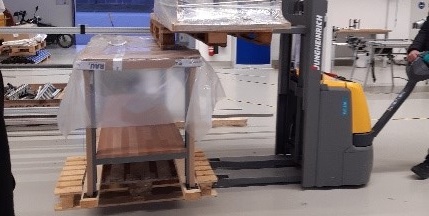
The Makerspace is currently still under construction. Here you can see the delivery of the new workbenches.
The aim of the project is to try out and establish open innovation processes as new forms of collaboration between business, science and the general public.
The Ocean Open Lab is an open experimental workshop, a 'makerspace' dedicated to marine technology. Citizens with an interest in marine technology are given free access there to modern technical equipment and the necessary know-how to realize their own ideas. Thus, everyone can participate in the process of research and development and come into contact with innovative companies and scientists. The Ocean Open Lab promotes this networking of citizens with companies and research institutions through a variety of event formats – such as hackathons or workshops – and focuses more on the cooperation of makers and tinkerers with industrial companies and research institutions.
The special feature of the Ocean Open Lab at the Future Cluster is the implementation of the open innovation approach. The projects specifically open their individual innovation process to an active community of tinkerers, students and researchers with and without a connection to marine and underwater technology. Through this new form of collaboration, creative minds can help companies in particular to break through conventional thinking patterns and enrich innovation projects through inspiration.
The joint project focuses on marine technologies and supports selected innovation projects that are still in the pre-competitive phase. Specifically, at least three research and development projects from the field of underwater technology are to be supported in subsequently being able to commercially exploit their product.
The Ocean Open Lab project ensures the early involvement of citizens in the development and implementation of innovative product ideas and thus also enables the acceptance of marine research and business models based on ocean technology. This leads to a strengthening of the Ocean Technology Campus, through the introduction of unorthodox ideas to companies.
The project is thus a fitting tool to make accessible to companies an active community in their technology field, so that concrete problem-solving approaches, which the companies would have found difficult to come up with on their own, can be found. In addition, Ocean Open Lab, with its series of events and the corresponding public relations work for them, is a fitting tool for communicating the topics of the Cluster to regional and supra-regional citizens, as well as to administrations and politicians.
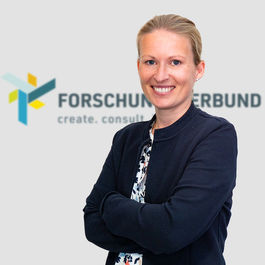
Wiebke Külper
Projektleitung, Forschungsverbund Mecklenburg-Vorpommern e.V.
Strandstr. 95
18055 Rostock
+49 381 26057894
contact by e-mail

Dr.
Heike Link
Projektleitung, Department Maritime Systeme (MTS), Interdisziplinäre Fakultät, Universität Rostock
Albert-Einstein-Str. 21
18059 Rostock
03814988921
contact by e-mail
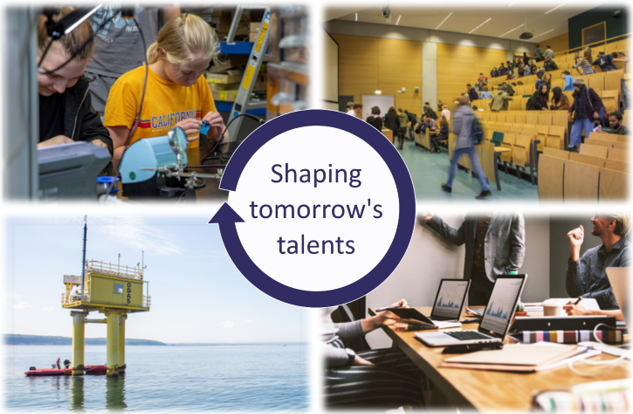
The aim of the project is to establish structures and processes in the cluster network that will make it possible to counteract the shortage of skilled workers in the field of marine engineering professions in the long term. Particularly in the Rostock regional center, in an area like MV, it is important not only to create attractive living conditions for a well-trained workforce, but also to inspire local young people to train in the marine and underwater technology sector of the future. By creating the appropriate framework conditions, more companies will settle here in the long term due to an appropriate potential of skilled workers in the region, and likewise skilled workers will be attracted by an improved job offer.
The strategy of the cluster to promote the regional economy and the science location in the field of marine technology and underwater technology will be supported by establishing a critical mass of skilled workers at the location. In particular, talent development, various specially designed training courses at the most modern level and better accessibility to labor for companies will be achieved through the planned measures. The creation of greater transparency and permeability of previously isolated structures and better cooperation between companies and institutions also creates a climate in this area that is determined by "open innovation".
One of the main objectives is to attract female junior staff and specialists to the underwater technology sector and to Rostock as a location, thus counteracting the shortage of skilled workers. Ocean Gender supports Ocean Technology Campus institutions in identifying and dismantling structural barriers and exclusion mechanisms so that the innovative strengths of all genders can be brought to bear. Ocean Gender sees itself as a service as well as a think tank and platform for sharing experiences, raising awareness and identifying needs.
Such actions include:
The project described here is intended to advance the establishment of processes and methods for establishing gender parity in the occupational groups of UW-Technology, both in the area of apprenticeships and in the academic, engineering area. For this purpose, a diversity coordinator will be hired and her competencies will be built up in order to present the occupational profiles for girls and women attractively on the one hand and to remove gender-specific access barriers on the other hand within the cluster network and beyond with targeted measures.
The strategy of the cluster includes above all the establishment of sustainable structures and processes in the interaction of all participants in order to develop the location in an innovative and future-oriented way in the sense of the innovation field Ocean Open Innovation. This can only succeed if equal opportunities and support for disadvantaged groups are guaranteed from the outset.

Dr. Kirstin Kastell
Projektkoordinatorin, Leibniz-Institut für Ostseeforschung Warnemünde (IOW)
Seestraße 15
18119 Rostock
+49 381 5197 108
contact by e-mail
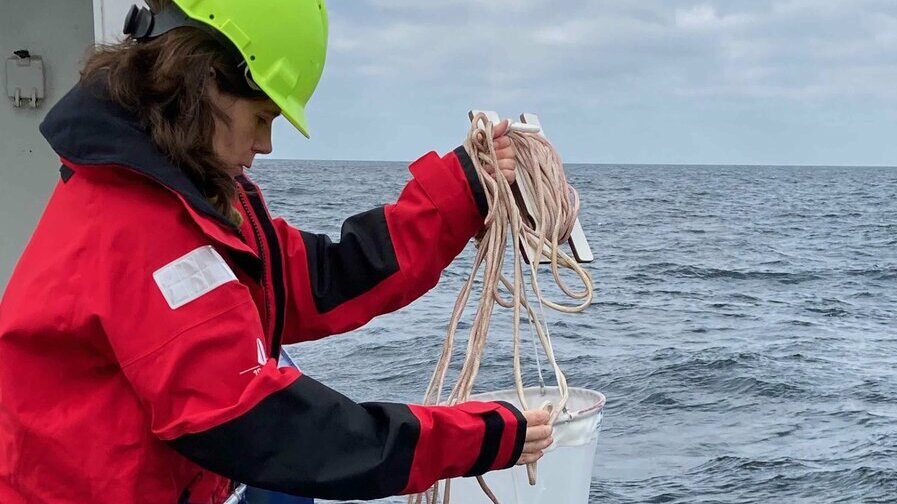
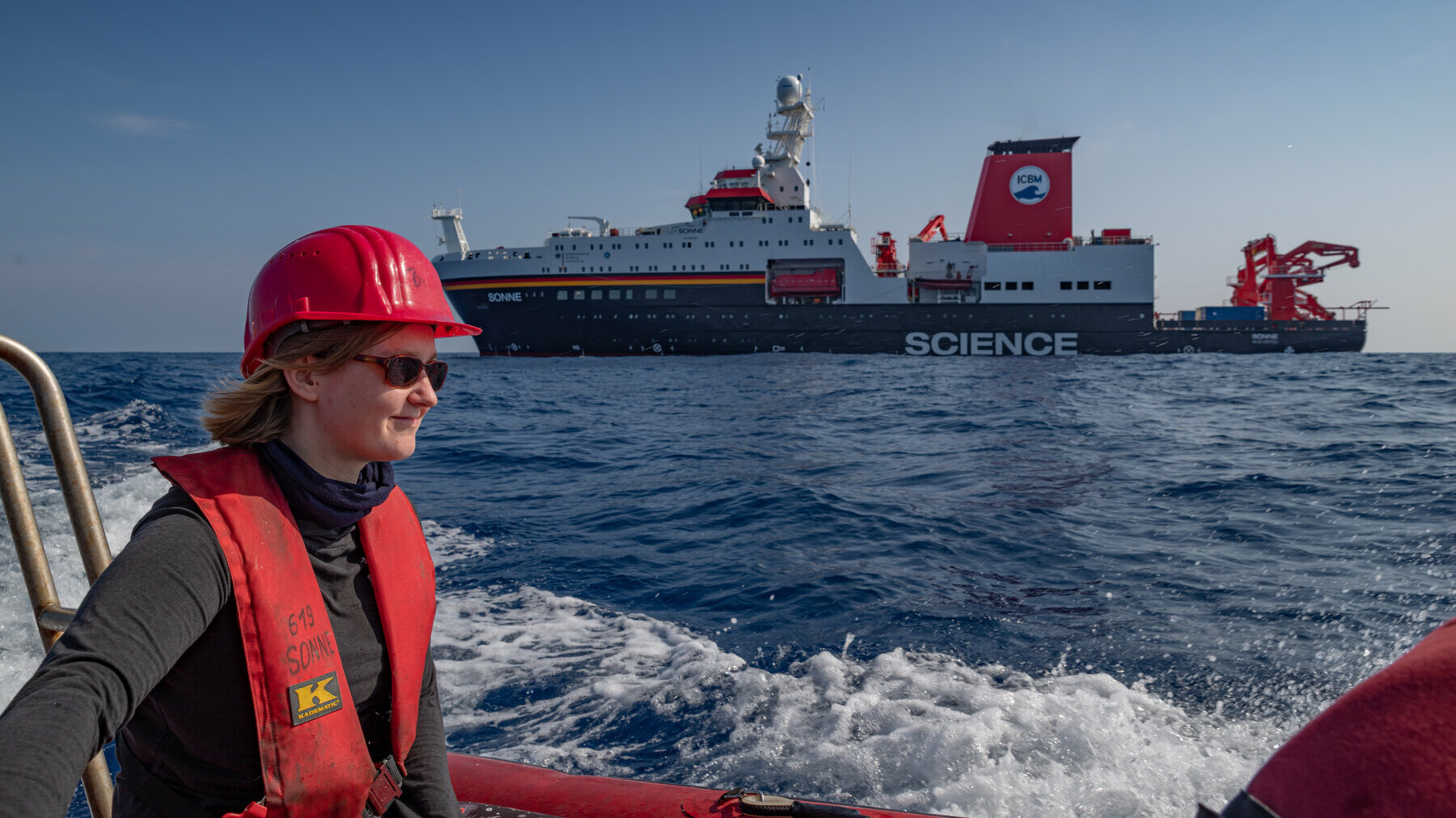
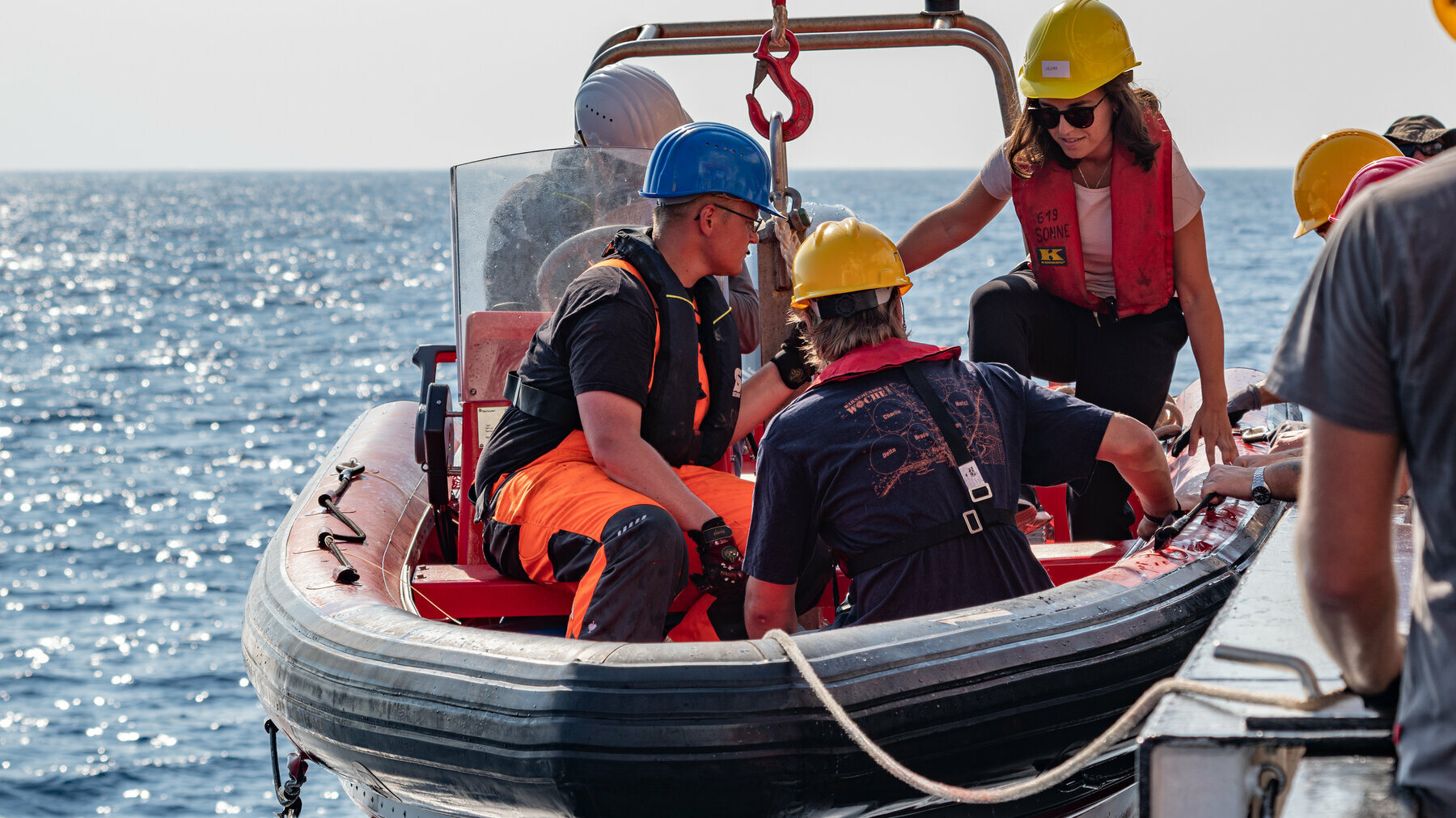
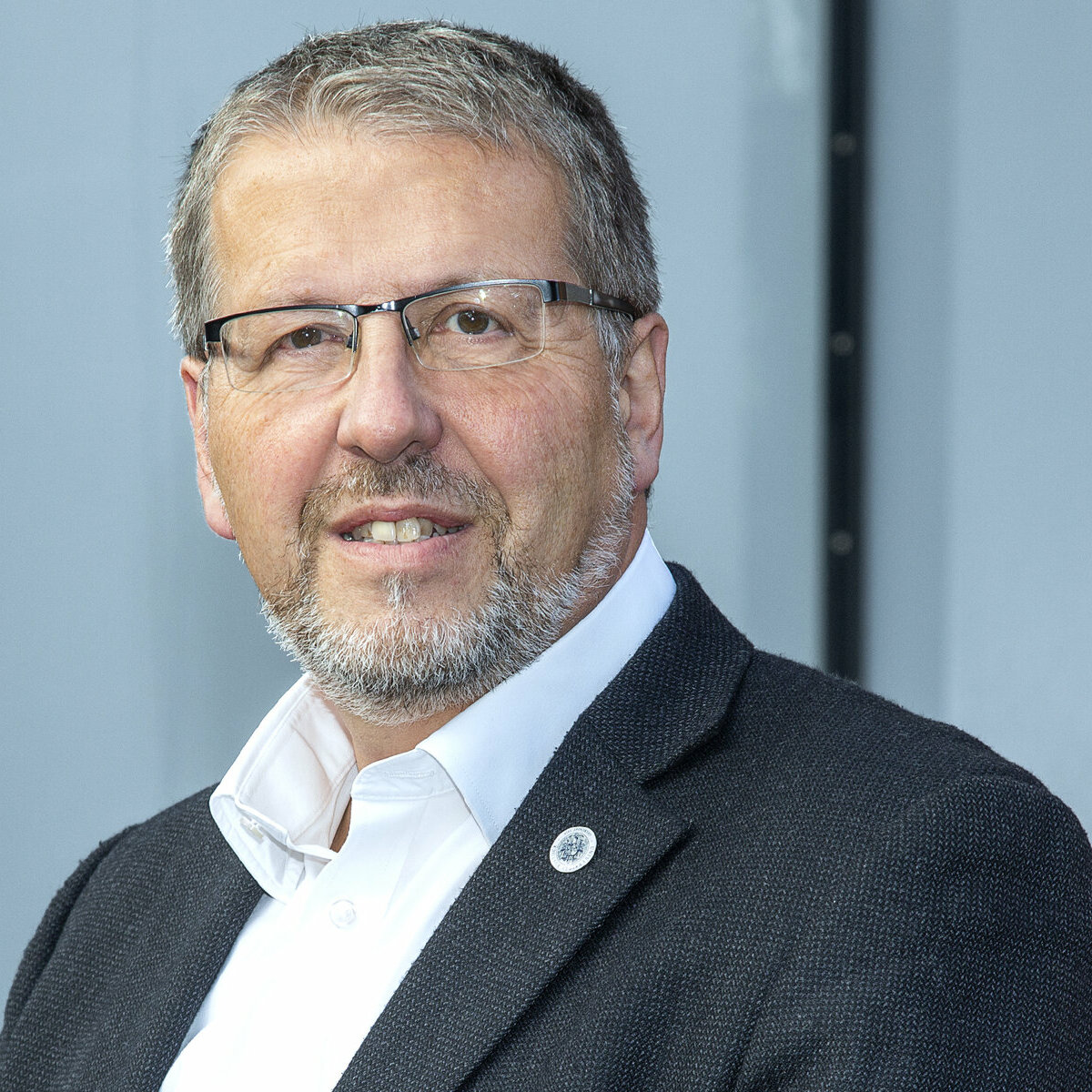
The project takes an essential position in innovation support: It aims to develop and test the essential processes, structures, infrastructures and methods for close, cross-organizational communication and cooperation in the cluster. The functions of information procurement on markets and technologies, strategic planning, innovation management and external presentation, which have so far always been isolated within the organization, are to be opened up and restructured in the cluster on the topic of marine technology. This is intended to enable the participating cluster partners to respond more quickly to technological innovations and market needs. Another important goal is also to reinterpret the previously disadvantageous small-scale economic structure and develop it into agile, virtual companies. The first three years in particular also aim to build trust between the players (at management and working level), which is of considerable importance for the opening up mentioned above. This is where the project comes in and gradually creates the prerequisite that innovation capability is raised to a new level through close cooperation between the partners and a lived cluster.
The "International Ocean Accelerator" (IO-Accelerator) will be an innovative offer in Mecklenburg-Western Pomerania for "technology-oriented founders" from countries where marine and underwater research is carried out in order to give well-educated talents from there the chance to implement their ideas at the Ocean Technology Campus Rostock. Marketing measures are intended to publicize this offer, especially in emerging markets (O5 countries) and the UK, where a large potential of ideas and teams is suspected. Talents from Germany and the "rest of Europe" coming from marine and underwater science (university or research institution) as well as business (industry and medium-sized companies) are also in focus. Technology providers who have already developed their own technology, are currently developing it, or who have ideas for a technology and want to develop it in the future are to be supported in the Accelerator just like technology takers, i.e. specialists who want to use an existing high-technology in order to implement it commercially.
The "IO-Accelerator" project aims to create a space on the Ocean Technology Campus in the fishing port of Rostock where teams can come together and further develop their start-up ideas related to underwater marine topics. Due to the spatial proximity, the teams can easily exchange ideas with each other at short notice on various topics, e.g. product development, sales set-up, etc., and thus benefit from each other. In addition, they have short distances to interesting mentors. At the IO-Accelerator, they will find a complete working infrastructure, from individual workstations to laboratory and consulting rooms, as well as IT and back-office services. They also receive English-language consulting, coaching, and seminar support from the Accelerator team to make fundamental progress in the following areas:
Bianca Souffrant
Forschungsverbund Mecklenburg-Vorpommern e.V.
Strandstr. 95
18055 Rostock
contact by e-mail